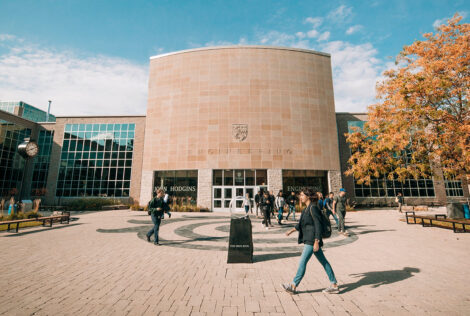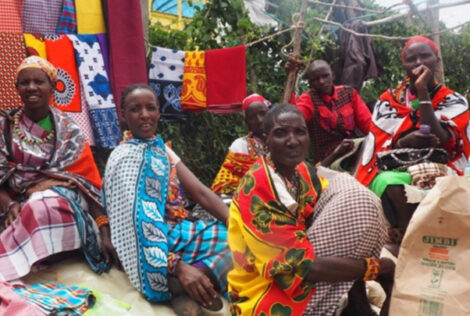

Some things, like money growing on trees or a perfect Roll Up The Rim score, are too good to be true.
For students involved in extracurricular clubs and teams wishing there was a way to get credit for it, that dream is now a reality.
ENGINEER 3CX3 – Experiential Learning in Complementary Studies is a new course being offered to students in second year or beyond starting this September. The course allows students to earn course credit for being involved in non-technical clubs and teams (i.e. the McMaster Engineering Society, MacChangers, Engineers Without Borders), or for those in non-technical roles on technical teams (i.e. team managers, administrative leads).
The course is structured to maximize the skills students learn through extracurriculars to develop and better articulate additional relevant skills. Classroom time will largely be structured in a workshop-style format, relying heavily on peer-to-peer interactions, and will focus on developing skills such as:
- leadership and management
- self-directed learning
- teamwork and conflict management
- communication
- budgeting and sponsorship
Steve Mattucci, the course instructor, says students will choose from different deliverables that align with their goals and extracurricular activities. The pass-fail course is a 3-credit complementary elective (two terms, September – April) as credit towards a student’s degree.
Mattucci says the course will allow students to craft their own educational experience by participating in workshops that are most relevant, creating a learning portfolio and honing skills in a meaningful way.
Fuad Ali, a third-year Electrical and Biomedical Engineering student, was one of two students who worked alongside Mattucci developing the course as a MacPherson student partner for ENGINEER 3CX3.
“I’ve been part of a number of different clubs, teams and committees throughout my time at McMaster, and I always felt that the skills I gained through those experiences were invaluable,” says Ali. “I wanted to help bring my perspective to the planning of this course so that it would accurately represent the needs of students in Engineering.”
Ali adds that the course will provide students with a framework to solidify their skills by exposing them to experts in fields such as communications, event planning and fundraising.
“I really believe in the impact the course can have on students and on taking ownership of their education.”
Joshua Yachouh, a graduate from McMaster’s Integrated Sciences program, also helped set the direction of the course. He was inspired to get involved in hopes of benefitting students who are “just like myself — spending countless hours dedicated to extracurriculars.”
He says the course was designed for students who enjoy connecting with others, embracing creativity and trying new things. Besides “providing students with lifelong skills,” Yachouh says that components of the classroom experience will give students the opportunity to collaborate with a diverse group of classmates and experience novel and engaging educational styles.
“I have been told by many fellow graduating students that 3CX3 is a course they wished existed when they were in their early years,” says Yachouh.
Elizabeth DaMaren, a fifth-year Mechatronics Engineering and Society student who’s heavily involved in extracurriculars, was one of the first students to enroll in the course.
DaMaren, who was one of last year’s Big Ideas recipients, says she was immediately interested because of the “unique opportunity” it provides.
“This is going to be a great way for students to augment their learning from extracurriculars and gain a new perspective on how [they] benefit from them,” says DaMaren. “I’m really passionate about the community we have in Mac Eng and about engineering education.”
She says one of the most valuable things about the course is strengthening the McMaster Engineering extracurricular community as a result of collaborating with members from other clubs and teams about best practices,
“I’m hoping to gain a better understanding of exactly what skills students take away from extracurriculars and how they develop these skills,” says DaMaren. “For example, I know that students can develop good time management skills through being involved, but how? I hope to learn new tactics and methods that others use to improve my own development of the typical soft skills that come out of extracurriculars.”
This is the second course launched by the Faculty to recognize students for their involvement outside of class. Launched in 2017, ENGINEER 4EX3 – Experiential Engineering Course Credit offers credit to students involved in technical roles on clubs and teams.
To learn more about the course or enrolling, email Steve Mattucci or visit the course website.


